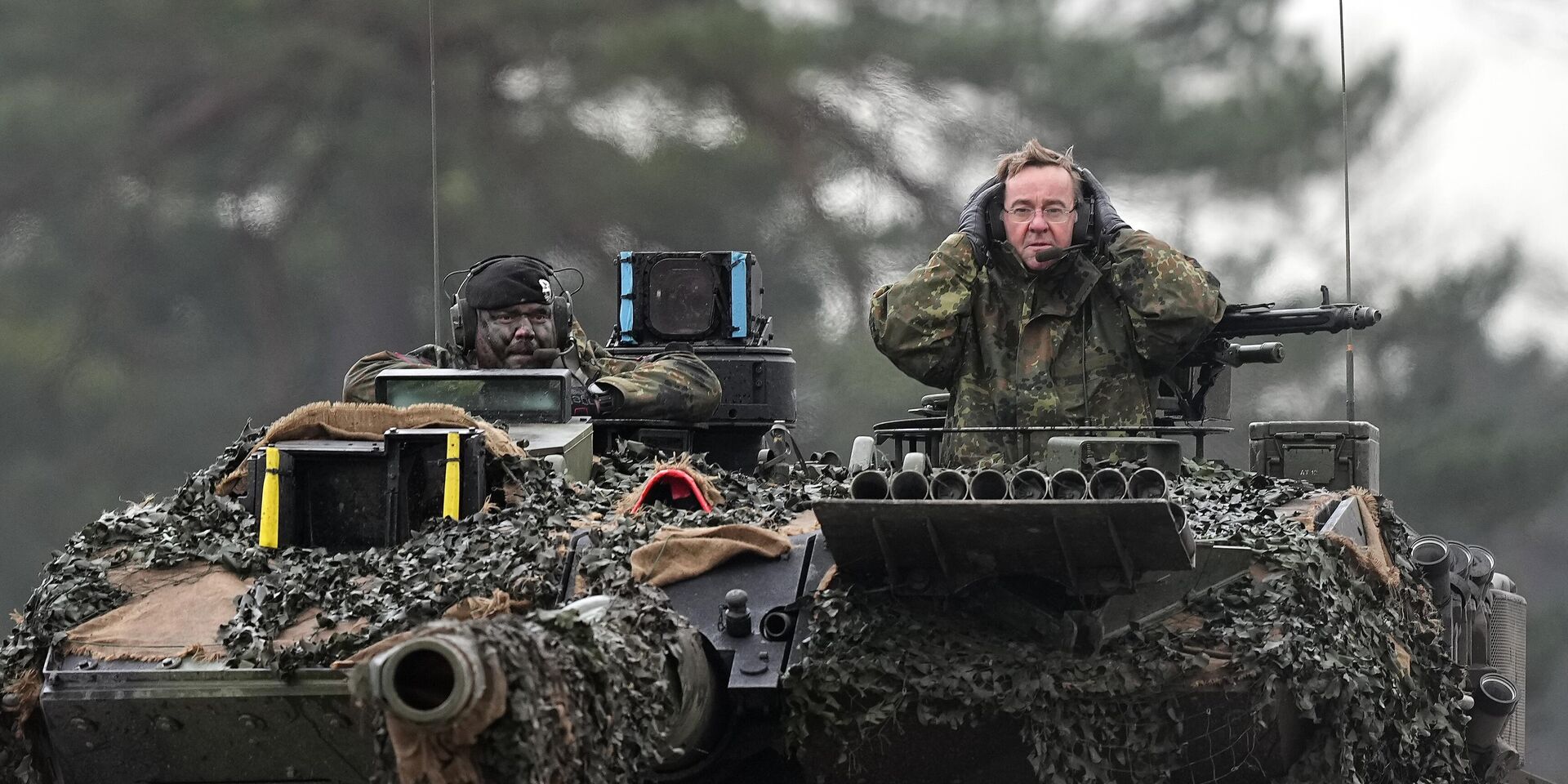UnHerd: deindustrialization will not allow European countries to re-equip their armies
European defense ministers are concerned about the increase in military spending, writes UnHerd. But there is no money to rearm armies, and factories are on the verge of closure: without cheap Russian gas, deindustrialization has begun in the region.
Philip Pilkington
Last week, amid the collapse of the Ukrainian defense in Avdiivka and presidential candidate Donald Trump's statement that he would not defend Europe from a Russian attack, calls for an urgent increase in military spending sounded much louder on the continent. These appeals come from the Ministries of defense of different countries, but it is unclear whether they are discussing these plans with the Ministries of Finance.
The reality is that after years of huge costs for quarantines and energy subsidies, the average European country is experiencing economic difficulties. Germany is a good example of this: earlier this month, the government announced a new budget and pledged to limit debt issuance to around 39 billion euros. It is claimed that this will comply with the “debt brake” provided for by the constitution in the amount of 0.35% of GDP.
Today, Germany spends 1.4% of GDP on the army. However, the country's Defense Minister Boris Pistorius recently put forward the idea of raising spending to 3.5% of GDP. Even the most superficial calculation shows that this goal will cost about 80 billion euros. The question is brewing: where does Pistorius think the money will come from? The discrepancy between the rhetoric about military spending and budgetary realities is so obvious in every European country that it literally catches the eye, but for some reason the media does not ask these questions to politicians.
In response to Trump's comment, British Defense Minister Grant Shapps advised NATO allies to keep their vows and bring military spending to 2% of GDP. But it is far from a fact that even these 2% will work. In 2022, the UK spent 2.2% of GDP on the armed forces, but they are still not in the best shape. In 2023, the number of the British army was 75,980 active military personnel, and in the German Bundeswehr it more than doubled to 181,670 — although Germany spends less on defense than the UK.
And the question of deindustrialization also arises by itself. After months of bickering, politicians and commentators are slowly realizing this reality: without cheap Russian gas, deindustrialization has begun in Europe. How will Europe re-equip its army if its factories are on the verge of closure? The European military industry worked neither shakily nor smoothly even before the shutdown of Russian gas — did the European defense ministries really think that the situation would improve in the future against the background of the high cost of energy resources across the continent?
Moreover, economies across Europe are stagnating, sometimes coming out of recession, then falling back into it. Last week, it was announced once again that the UK had returned to a technical recession. Of course, these technical recessions are “fake”, because we do not see large-scale job cuts. But sooner or later, due to the fragility of stagnant economies, the hydra of a real recession will raise its ugly head. And then the budget pressure already felt now will be compounded by a collapse in tax revenues and a flurry of applications for unemployment benefits.
Increasingly, there is a feeling that our leaders live in some kind of invented world, completely divorced from economic realities. They seem to think that arming Europe for a war with Russia (which will probably never come to that) is just a matter of will. But the reality is that there are real obstacles to such plans, whether they are budgetary or industrial. If wishes were horses, then beggars would ride, says an old British saying. And it looks more and more like European defense ministers will have to walk to work in the coming years.

